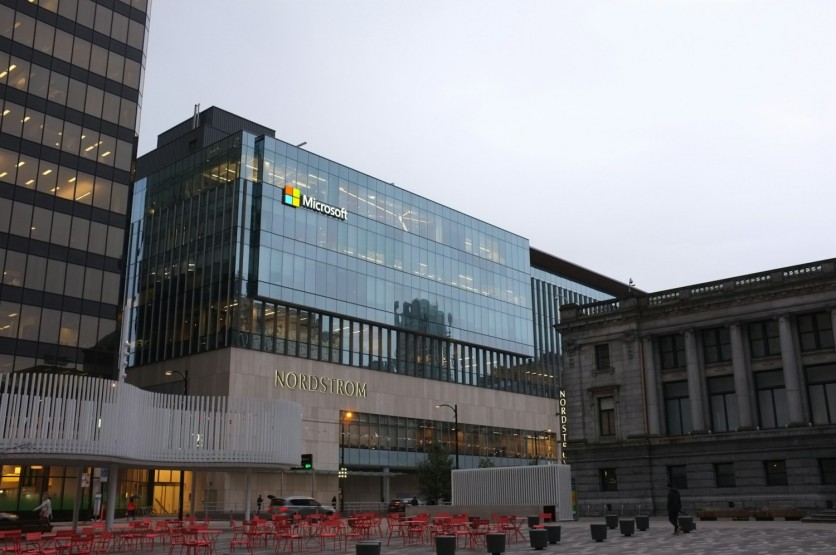In 2019, Microsoft made a tech-breaking $1 billion investment in OpenAI, driven by concerns over Google's advanced position in the AI industry.
As reported by Business Insider , the strategic decision of Microsoft's $ 1 billion investment in OpenAI was not a mere business move. It was a decision that was meticulously discussed in an internal email exchange involving Microsoft's top executives, including CTO Kevin Scott, CEO Satya Nadella, and co-founder Bill Gates. The details, which have recently come to light, provide a unique insight into the company's concerns over Google's AI dominance, thanks to the ongoing US Justice Department antitrust case against the search engine giant.
Microsoft 'Very Worried' About its AI Progress Over Google

The internal correspondence titled "Thoughts on OpenAI," revealed the initial skepticism and subsequent realization of the AI capabilities being developed by OpenAI and Google's DeepMind.
Kevin Scott initially doubted the practical applications of AI beyond "game-playing stunts" like those demonstrated by Google DeepMind's AlphaGo Zero. However, his perspective shifted dramatically towards the potential of natural language processing models.
"We are multiple years behind the competition in terms of machine learning scale," Scott wrote in an email addressed to Nadella and Gates on June 12th, 2019.
He added that Microsoft struggled to catch up with Google's BERT language model as it took six months to successfully "replicate" the idea. The company claimed its "infrastructure wasn't up to the task."
Scott's deep dive into the comparative analysis of Google's and Microsoft's AI capabilities led to significant concern about Microsoft falling behind, especially highlighted by Google's advancements in AI that bolstered its products like Gmail's autocomplete feature, which Scott noted was "getting scarily good."
Keen Observations Prompted Nadella to Act
The urgency conveyed in Scott's observations prompted Satya Nadella to share these insights with Microsoft CFO Amy Hood, tackling the necessity of the investment in OpenAI.
Hood, who plays a crucial role in managing Microsoft's financial strategies, was looped into the discussion to align the company's financial goals with its AI aspirations.
Bill Gates' Involvement and Vision
Although Bill Gates stepped down from Microsoft's board in 2020, he has remained instrumental in Microsoft's ongoing partnership with OpenAI. Reports suggest that Gates had been engaged with OpenAI since 2016 and was pivotal in orchestrating the initial investment deal.
According to The Verge, the internal email does not specify who initiated the OpenAI discussions in 2019, but Gates' proactive involvement with the AI firm has been a consistent theme.
What Did the AI Investment Bring to Microsoft
Microsoft's crucial investment in OpenAI has integrated advanced AI models into a wide range of its products, from Office applications to its Bing search engine and even the Windows operating system.
What's good here is that the integration has greatly enhanced Microsoft's stature in the AI domain, positioning it as a leader rather than a follower in the fast-evolving tech landscape.
With this, Nadella has made AI and security the top priorities for Microsoft in 2024 and beyond.
The Redmond giant's early investment in OpenAI reflects a strategic maneuver to catch up with Google and potentially surpass the latter in key areas of AI technology.
Right from the start, Microsoft has tightened its grip on ChatGPT maker to leverage its groundbreaking research and AI capabilities. It knows that the billion-dollar deal could go a long way toward fulfilling its dream of being a top AI pioneer in the years to come.
Read Also : Is LinkedIn Silent Threat to X? Job-Hunting Platform Hits $119 in App Revenue in Q1 2024

ⓒ 2026 TECHTIMES.com All rights reserved. Do not reproduce without permission.




